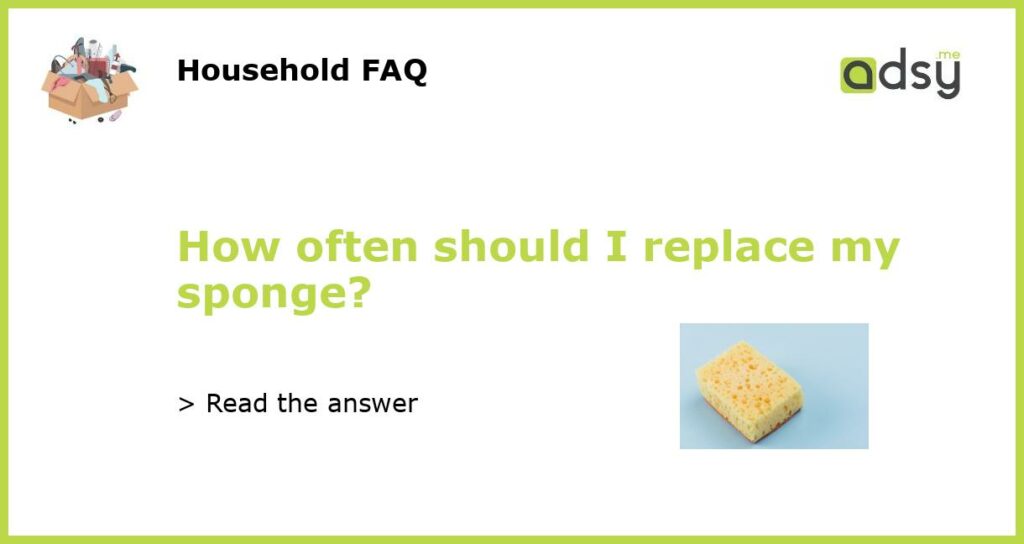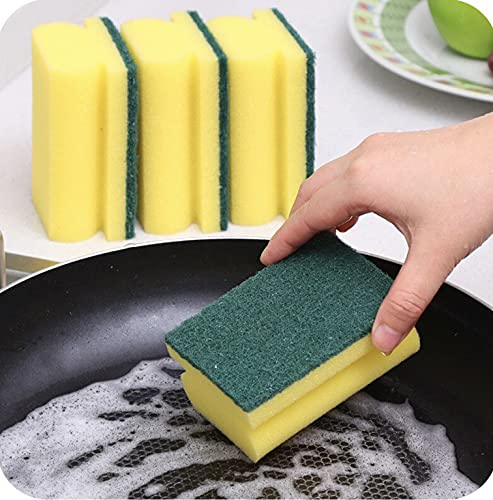The Lifespan of a Sponge
Sponges are a common household item used for a variety of cleaning tasks, from washing dishes to scrubbing countertops. However, like all cleaning tools, sponges have a limited lifespan and need to be replaced regularly to maintain their effectiveness and prevent the spread of bacteria. The frequency at which you should replace your sponge depends on several factors, including how often it is used and how well it is cared for.
Signs of a Worn-Out Sponge
Over time, sponges begin to show signs of wear and tear that indicate they need to be replaced. These signs include a foul odor, discolored or stained appearance, and a sponge that no longer retains its shape. Additionally, if you notice any mold or mildew growing on the sponge, it is definitely time to replace it. Using a worn-out sponge can not only be less effective at cleaning but can also spread bacteria and increase the risk of contamination.
Daily Maintenance for Sponges
To extend the lifespan of your sponge and keep it in good condition for as long as possible, it is important to practice daily maintenance. After each use, thoroughly rinse the sponge with hot water to remove any soap residue or food particles. Squeezing out excess water and allowing the sponge to air dry can also help prevent the growth of bacteria. Some people choose to sanitize their sponges by soaking them in a mixture of water and bleach or running them through the dishwasher. However, these methods may not be suitable for all sponge types, so it is important to check the manufacturer’s recommendations before attempting them.
Average Lifespan of a Sponge
While the lifespan of a sponge can vary depending on how it is used and cared for, on average, sponges should be replaced every 2-4 weeks. This timeframe allows for regular cleaning tasks without risking the buildup of bacteria and potential for contamination. However, if you notice any of the signs mentioned earlier, it is best to replace the sponge immediately rather than waiting for the recommended time frame.
Alternative Cleaning Methods
If you find that sponges wear out too quickly or don’t meet your cleaning needs, there are alternative cleaning methods you can consider. Microfiber cloths, for example, are a popular choice for many individuals as they are reusable, highly absorbent, and can be easily washed. Additionally, brushes or scrubbers made from materials like silicone or nylon can be a more durable option for tougher cleaning tasks. It ultimately comes down to personal preference and cleaning requirements, but exploring different options can help you find the right solution for your needs.






